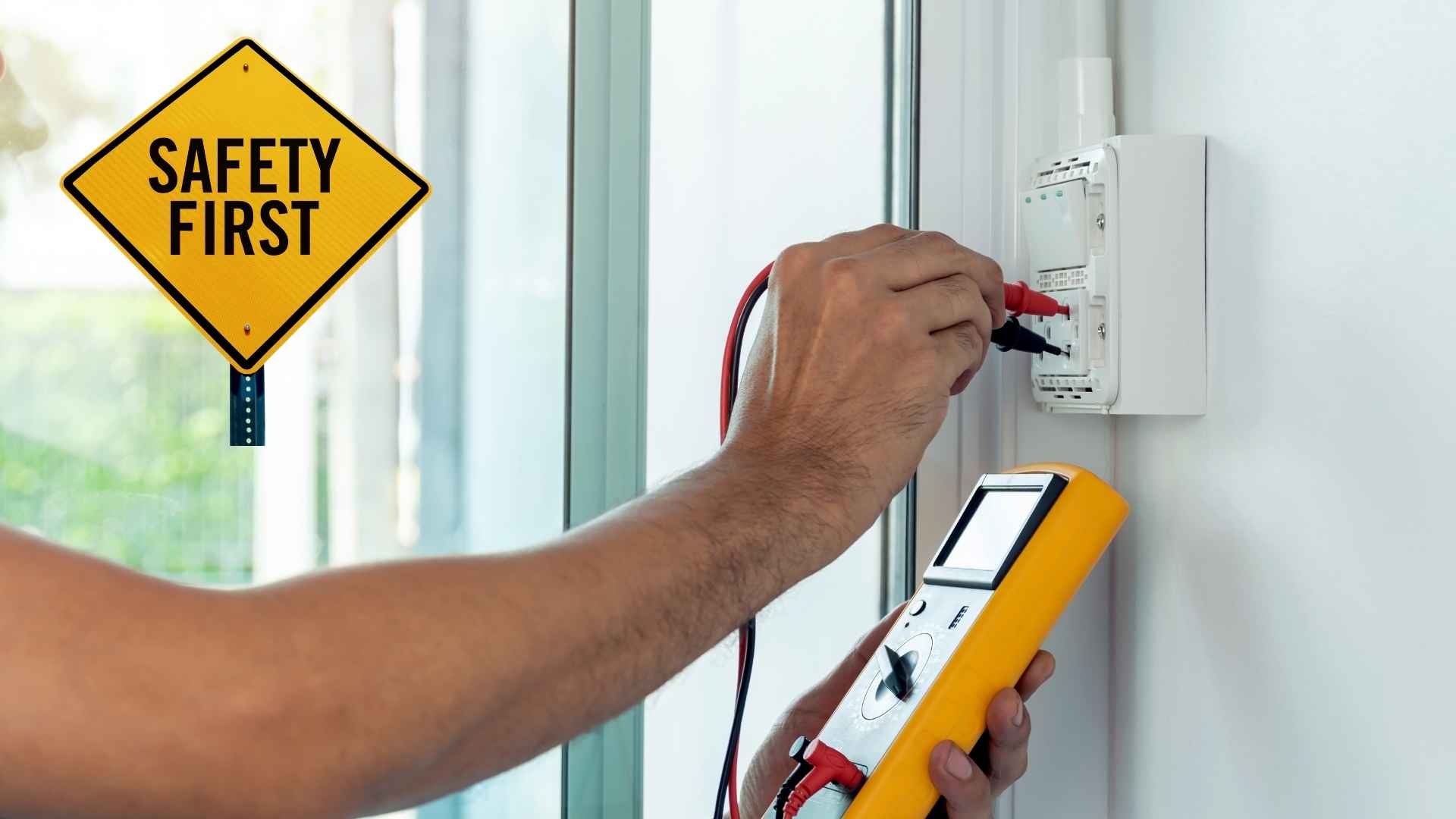Importance of Certificates of Compliance
3 April, 2025

Selling your home? Don’t forget your Compliance Certificates (COC’s)
- Electrical Compliance Certificate
The Occupational health and Safety Act requires a seller to provide a purchaser (or transferring attorney) with an electrical certificate of compliance on the date of occupation or registration, whichever is earlier. The certificate certifies that the electrical installation is safe and complies with SABS standards. If you already have an electrical compliance certificate, it may not be older than two years on date of registration of the property. If any alternations or additions were made to the electrical installation after the certificate was issued, it becomes void and you will need to obtain a new certificate.
- Repairs may be necessary (especially with older houses) before the electrical compliance certificate can be issued. The purchaser’s bank will require a copy of the electrical certificate before it gives permission to lodge the documents at the deeds office.
- The cost of this certificate and any expenses relating to the repair of the electrical installation will be for the seller’s account.
- It is important to note that if there is a solar installation on the property, the electrical certificate of compliance must either cover the solar system, or a separate compliance certificate may also be required by the purchaser’s bank prior to lodgement.
- Please consult a specialist if you are uncertain with regards to inverters.
2. Electrical Fence Compliance Certificate
When transferring a property with an electrical fence, the OHS requires a certificate verifying that the installation is in accordance with the relevant SABS standards. The seller needs to deliver this certificate to either the purchaser or transferring attorney. Note that it is not covered by the electrical compliance certificate. An electrical fence compliance certificate is transferable but becomes void if any alterations or additions are made to the installation. This means a new certificate will have to be issued.
When property is situated within a sectional title scheme, the certificate will be obtained from the body corporate.
3. Gas Certificate
If there is a gas installation, the OHS requires that the seller provides the purchaser or transferring attorney with a gas certificate before date of occupation or registration, whichever is earlier. This certificate must certify that the gas installation is safe ad complies with the relevant SABS standards.
- A new gas certificate is required every time the owner or user of the installation changes. In other words when a property is sold, a new gas certificate is required.
- The original installer can issue the gas certificate. alternatively, any qualified and registered gas installer will be able to issue the certificate.
- The cost of this certificate and any expenses relating to the repair of the gas installation will be for the seller’s account.
4. Plumbing or water certificates (applicable in Cape Town area)
5. Beetle Certificate (only applicable to properties in coastal areas)
6. Declaration regarding Invasive Species (please refer to www.invasives.org.za)
